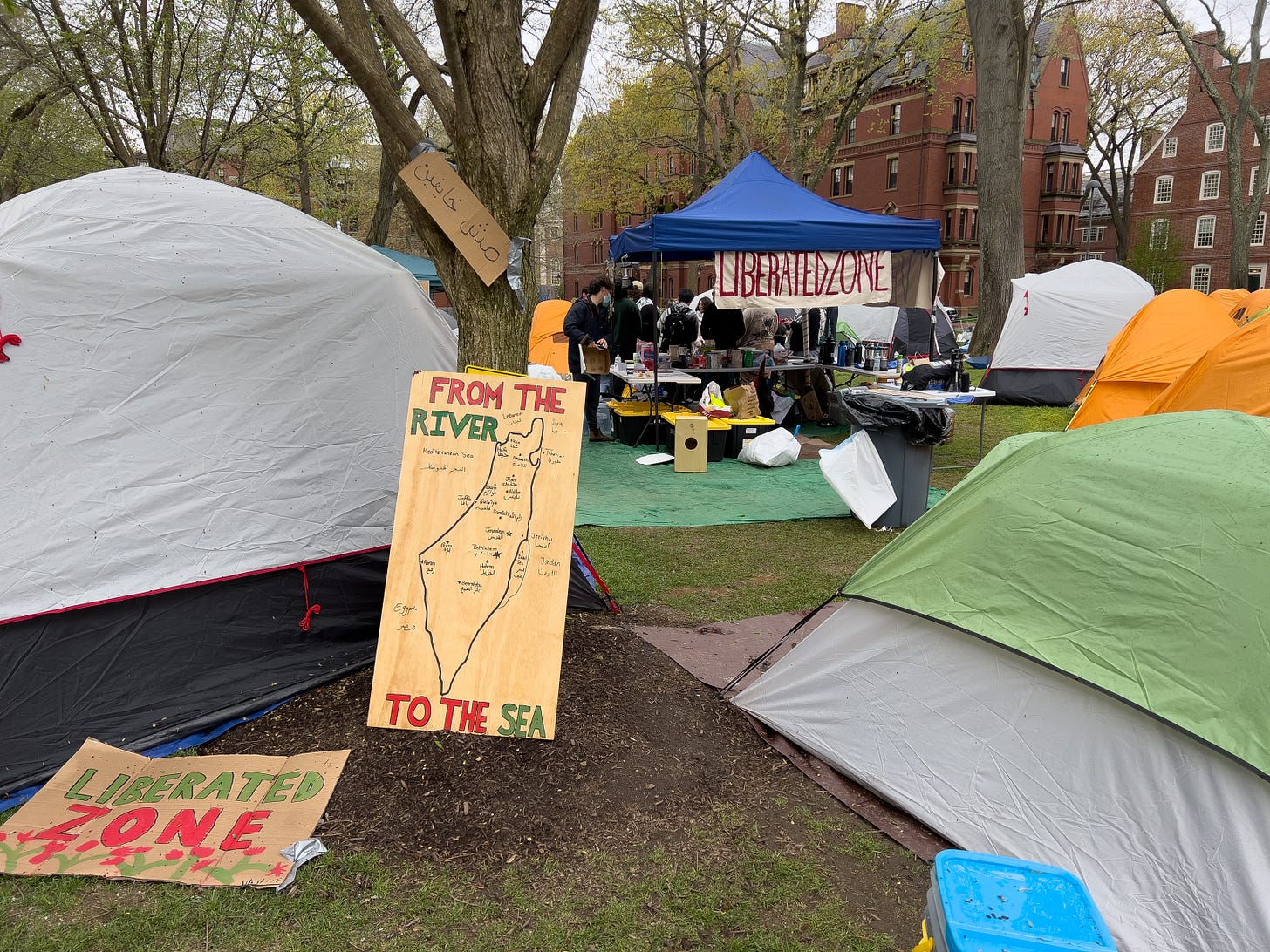Teachers battle to keep radical rhetoric out of classroom | Antisemitic slogan, map, at center of Harvard encampment | Wu remains popular even as challenges loom | Boston parents want overhaul of creaky schools | Long-time CommonWealth Beacon editor moving on |
News tips? Story ideas? Email us at sbvanvoorhis@hotmail.com
Warning signs for Wu: Nearly a third of Boston voters in new poll say things are worse than they were five years ago
Should Boston Mayor Michelle Wu be worried?
We’ll see, but a new survey out Monday offers some warning signs as well as some encouraging news for the mayor’s nascent reelection campaign.
Despite rising concerns over the cost of housing and the city’s perennially struggling schools, Wu has earned positive ratings from most city voters, according to a new survey released Monday.
She even outperforms other local and state leaders, from members of the Boston City Council to Gov. Maura Healey, the survey by polling firm SocialSphere finds.
“I think she is in solid shape,” said John Della Volpe, founder and CEO, who, among other roles, is a Biden pollster and advisor and director of the Harvard Youth Poll. “If I am in the mayor’s office, I am feeling pretty good about where I am right now.”
However, a significant block of Hub voters are not happy with the direction of the city on some key issues, with high housing costs one of the top complaints, according to poll, commissioned by the Boston Policy Institute.
Nearly twice as many city residents said things have gotten worse over the past five years, compared to 17 percent who believed the opposite, according to the survey of 600 registered voters conducted last month.
While the city and the mayor get high marks on issues ranging from quality of life and public safety, there is rising concern about a dearth of affordably-priced housing, a rickety public transportation system, and the city’s failing public schools.
And while city voters don’t blame Wu for what are likely viewed as larger, “systemic” issues, according to Della Volpe, they gave low scores to the city’s efforts to come to grips with these issues.
Still, some of the big issues are still in the early stages and could prove problematic for the mayor later on.
While the poll didn’t ask questions about housing production, as Contrarian Boston has reported, the pipeline of new homes and apartments under construction in the city has plunged over the past two years amid surging interest rates and new regulatory mandates by the Wu administration.
The drying up of new apartments and condos hitting the market is likely to become more noticeable over the next year or two as prices and rents go from bad to worse.
Wu has also faced fierce pushback from the business community over her controversial plan to deal with the impact on city tax revenues from collapsing office tower values - a hit that could amount to more than $1 billion in the coming years, BPI has reported.
Wu has proposed hiking tax rates on struggling office buildings to spare city homeowners, who otherwise would be stuck with double-digit tax increases.
There is little support among city voters for increasing residential tax rates, the poll found. However, a significant number of those surveyed - 28 percent - think the city should weigh budget cuts as well - an idea pushed by business groups but rejected outright by Wu.
“Boston has a lot to be proud of but there is also danger on the horizon with some of these key issues,” Della Volpe said.
Mapping a future genocide at Harvard? Antisemitic slogan and map displayed prominently at protestors encampment
The river-to-the-sea slogan was condemned last fall by now former Harvard President Claudine Gay as antisemitic.
To a “great many people” the phrase implies “the eradication of Jews from Israel,” Gay said in a statement in November.
And in February, interim Harvard President Alan Garber pledged to tackle “pernicious antisemitism” on Harvard’s campus.
Yet a sign saying “From The River To The Sea” - and an accompanying map of Israel with genocidal connotations - was on prominent display just a few days ago at the encampment set up by protestors at Harvard, as can be seen below.
Jeffrey Fredberg, a professor emeritus at Harvard in the field of bioengineering and physiology, provided the photo to Contrarian Boston.
The map includes Arabic names below the names of major Israeli cities and towns.
At the very least, the map implies “the destruction of the Jewish state and its replacement by something else: from the water to the water, Palestine will be Arab,” Fredberg tells Contrarian Boston.
But Fredberg contends the map, viewed in the context of the Hamas charter, the group’s Oct. 7th terror attack on Israeli communities, and its vow to repeat such attacks, points to an even darker conclusion: genocide.
“If any student in the Harvard encampment claims otherwise, then that student is being disingenuous,” Fredberg said, adding his political inclinations are “of the left.”
Keep reading with a 7-day free trial
Subscribe to Contrarian Boston to keep reading this post and get 7 days of free access to the full post archives.






